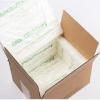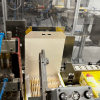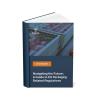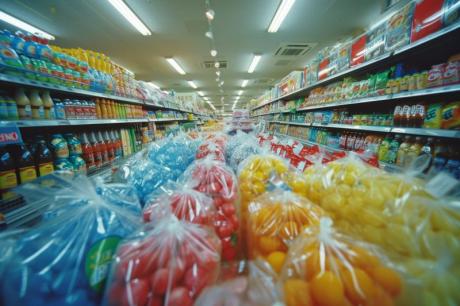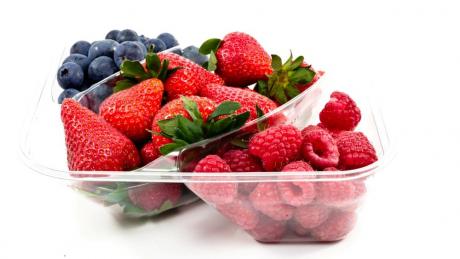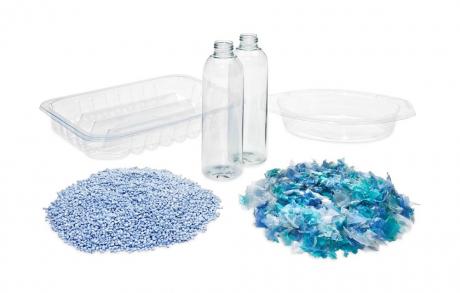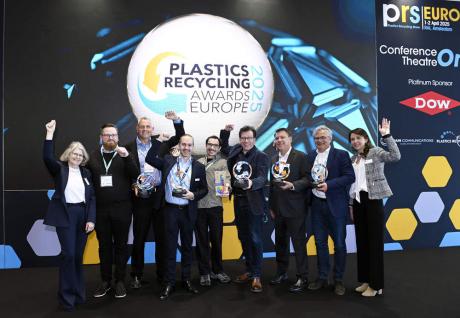Following the introduction of PepsiCo Positive, the company’s strategic end-to-end transformation with sustainability at the centre, PepsiCo Europe has recently announced that by 2030, it plans to eliminate virgin fossil-based plastic in all its crisp and chip bags. This ambition will apply to brands including Walkers, Doritos, and Lay’s and will be delivered by using 100% recycled or renewable plastic in its packets.
Consumer trials of the packaging will begin in European markets in 2022, starting with renewable plastic in a Lay’s range in France in the first half of the year. Later in the year, a range from the Walkers brand in the UK will trial recycled content. The recycled content in the packs will be derived from previously used plastic and the renewable content will come from by-products of plants such as used cooking oil or waste from paper pulp. PepsiCo estimates it may achieve up to 40% greenhouse gas emissions reduction per ton of packaging material by switching to virgin fossil-free material.
PepsiCo uses flexible plastic for its snack packaging - the soft wrapping used to make its crisp and chip bags because it is lightweight compared to alternative packaging and therefore has a low carbon footprint. It is also highly effective at keeping food fresh thereby reducing food waste. However, PepsiCo recognizes that change is needed to reduce the amount of virgin fossil-based plastic that is used and to drive circularity in flexible packaging.
Beyond the switch to renewable and recycled content, PepsiCo has developed its “Making Bags Better” program, that will focus on a series of investments and innovations so more flexible plastics will be recycled and reused in Europe.
In addition, the company has already announced its plans to transform its beverage packaging. It will transition brand Pepsi into 100% recycled plastic (100% rPET) bottles in eleven European markets by 2022 and also continue investing in building a reusable model which aims to avoid an estimated 200 billion plastic bottles by 2030.


